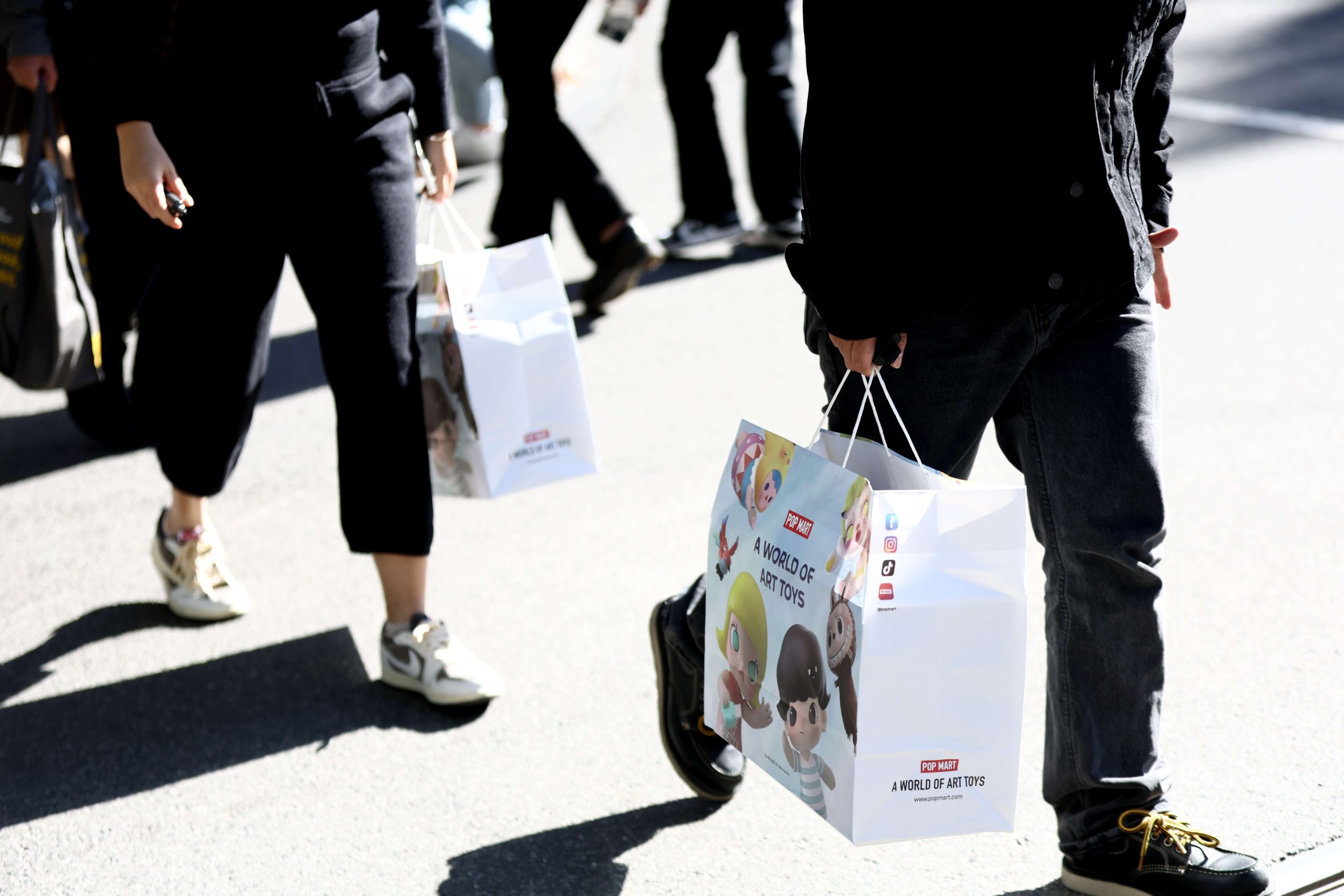
An unexpectedly large jump in the monthly consumer price index is unwelcome news for the Reserve Bank of Australia in its lengthy inflation battle.
The monthly consumer price index rose four per cent over the 12 months to May, above expectations and up from the 3.6 per cent increase in April.
Expectations were for a 3.8 per cent annual lift through to May as compiled by the Australian Bureau of Statistics in its monthly report.
The central bank wants to get inflation back within its two-three per cent target band by late 2025.
Economists were predicting another strong outcome in part due to base effects, with this year’s inflation figure measured up against the result in May last year, when a large fall was recorded.
Excluding volatile items and holiday travel, annual inflation did ease a touch, from 4.1 per cent to four per cent.
Yet the trimmed mean rising to 4.4 per cent from 4.1 per cent in April would put the RBA under pressure, Betashares chief economist David Bassanese said.
“Today’s May monthly consumer price index report can only be described as a ‘shocker’ and places huge pressure on the Reserve Bank to raise interest rates in August,” he wrote in a note.
While not a “done deal”, the economist warned Wednesday’s numbers placed “enormous pressure on the Reserve Bank and to not only not cut interest rates anytime soon, but potentially lift them further”.
The monthly consumer index is not as comprehensive as the quarterly update, which is still considered the principal measure of inflation will be crucial ahead of the next interest rate meeting.
“If that confirms the still bubbling inflationary pressure evident in the monthly CPI reports over recent months, the RBA will have no choice buy to act,” Mr Bassanese said.
While the cash rate stayed unchanged at 4.35 per cent at the June meeting, where it has been since November, the RBA described the economic outlook as highly uncertain.
The central bank’s wariness was in part attributed to stronger-than-thought consumption and a minor uptick in inflation.
Housing, food and non-alcoholic beverages, transport and alcohol and tobacco were the biggest contributors to the annual inflation growth in May.
Low vacancy rates and strong demand for rental properties has been keeping pressure on rents, but the pace of growth moderated a little over the month, to 7.4 per cent in May from 7.5 per cent in April.
New dwelling prices held steady at 4.9 per cent, around where it has been for ten months as builders keep passing on higher costs for labour and materials.
Electricity prices rose 6.5 per cent in the 12 months to May, up from 4.2 per cent, with the increase in part attributed to the gradual unwinding of energy bill relief rebates.
More energy bill relief is due to kick in at the end of the month under a federal government decision announced in the May budget.
Holiday travel and accommodation prices rose 2.9 per cent in the 12 months to May, marking the first annual increase since October 2023 and following a fall of 6.2 per cent to April.
Who can be trusted?
In a world of spin and confusion, there’s never been a more important time to support independent journalism in Canberra.
If you trust our work online and want to enforce the power of independent voices, I invite you to make a small contribution.
Every dollar of support is invested back into our journalism to help keep citynews.com.au strong and free.
Thank you,
Ian Meikle, editor





Leave a Reply